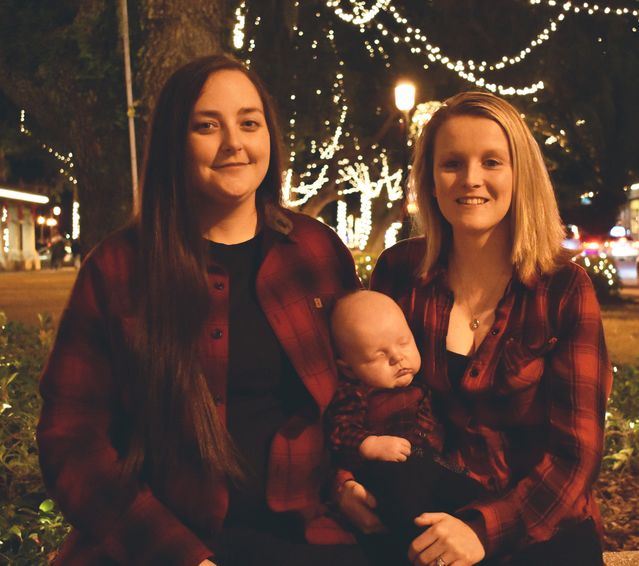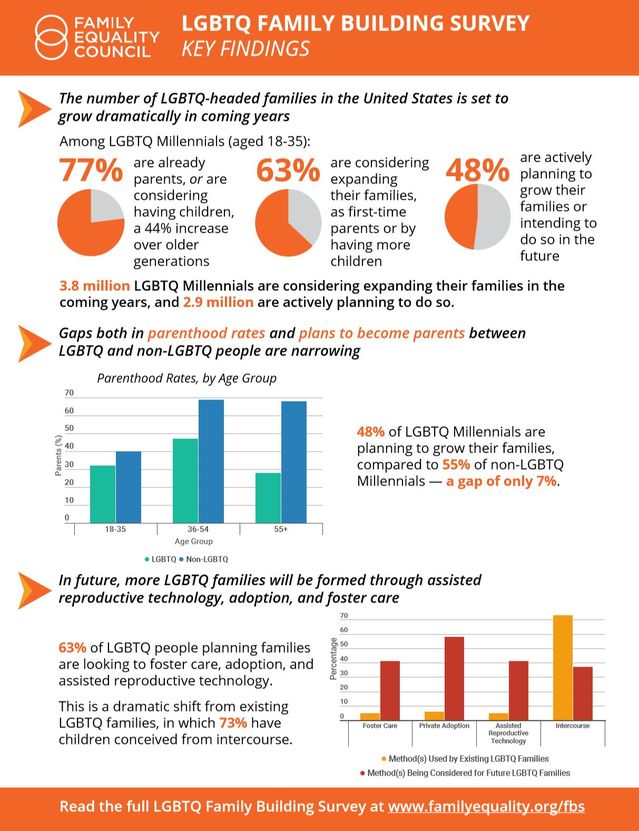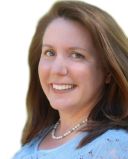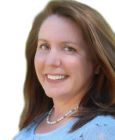Pregnancy
A Generational Shift in LGBTQ+ Family Building
Part 1: As the number of people planning families grows, so do the options.
Posted July 16, 2019

The Brughs wanted two things: to start a family together and to have healthy children.
Like many couples facing fertility challenges, they sought reproductive assistance. They worried whether the IVF procedure would take, and had to pay out of pocket for fertility procedures not covered by their insurance.
But as a lesbian couple, Courteney and Dawn Brugh had the added stress of feeling discriminated against.
"I’ve never felt so sad and so discouraged in my life. I couldn’t wrap my head around that fact someone didn’t want to help my wife and I start a family." —Dawn Brugh
Courteney explains: "Dawn and I did some extensive research on different fertility clinics in our area. This particular clinic that we visited came highly recommended by one of my wife’s friends, so we thought it would be the perfect fit. Their website explained in detail exactly what we were looking for, which at the time was just for Dawn to carry our baby. After explaining our situation to the doctor, she told us that they would not be involved in this because it was 'weird' and 'odd'. She then escorted us out of the office."
"I was in disbelief. I couldn’t believe that a medical professional treated my wife and I in this manner." —Courteney Brugh
"I don’t wish to assume that our treatment in this office was based on our sexual orientation, but I can assure you that that is how we felt leaving their office. We didn’t ask for anything out of the ordinary. Numerous people use IVF to conceive their children."
While she describes the situation as "unfortunate", Courteney says she is thankful that it occurred. "This incident led us to Dr. Trolice’s office, and Dawn and I could not be happier with how we have been treated from the moment we walked in the door." The couple now commutes the 2.5 hours from Jacksonville to Winter Park, FL, for appointments.
Dr. Mark Trolice opened Fertility CARE: The IVF Center in 2003 and has always offered fertility treatments to same-sex partners. "Whether it's a lesbian couple or a gay male couple or transgender, they're going to require some form of assistance to be able to get sperm and egg together and then to have the carrier for the pregnancy."
Trolice's website outlines all the various options his clinic offers LGBTQ+ patients, including IVF, sperm donation, egg donation, and surrogacy.
"The real challenge is to find a fertility center that is empathic, compassionate, understanding, supportive, non-judgmental and proactive at empowering [patients] and being their advocate as they're going through this journey." —Dr. Mark Trolice, Fertility CARE: The IVF Center
It is an issue that will only grow. In a Family Equality Council survey from March 2019, 3.8 million LGBTQ millennials are considering expanding their families in the coming years, and 2.9 million are actively planning to do so.
According to the council, this represents a generational shift: most significantly, the data reveals dramatic differences in expectations around family building between LGBTQ millennials and older generations of LGBTQ people.

Dawn and Courteney used IVF to conceive their son, Maverick, who was carried by Courteney and born in September 2018. In planning for a second child, they feel that it's important for both of them to contribute to this process. "We knew from the beginning that I wanted to carry this time around, but wanted it to be Courteney’s eggs," says Dawn.
Dr. Trolice recommended they try the INVOCELL Intravaginal Culture (IVC) System, which he says has been used worldwide for years but is just making its way into the United States. This device allows for both women to carry the baby!
"It's just such an important way for, for a same-sex couple to bond, and they were very excited about it," says Trolice.
Dr. Trolice explains how the procedure works: "Instead of getting the eggs and putting the sperm into the eggs in a petri dish and putting them into the laboratory incubators, we put them into a 1.5-inch device and that device can go into the woman's vagina for vaginal incubation due to temperature control. The woman who is providing her eggs can have the InVoCell device in her vagina for up to five days. Fertilization occurs over the first day and the new embryos will grow until day five of development. They are then removed and one is transferred into [her partner's] uterus. So, she's essentially carried the pregnancy, if you will, for the first four days, even though it's not inside the uterus."
Courteney's eggs will be fertilized and allowed to develop into embryos inside of her. Then one embryo will be implanted into Dawn's uterus for her to carry to term.
An added benefit of InVoCell is that it's approximately half the cost of IVF. Remember, the Brughs, like many other couples, are paying for these reproductive assisting procedures out of pocket since insurance doesn't cover it.
According to Dr. Trolice, who actively lobbies for legislation to include fertility costs in insurance plans, the comparison is:
- $15,000 for a standard IVF cycle, including medication
- Under $7,000 for the INVOCELL procedure, including the device and medication
As for plans for their second child, Dawn says, "The whole idea of expanding our family makes me extremely happy. I still get extremely nervous, but these are good nerves. We have completed all of the necessary tests and we are hoping to conduct the egg retrieval in August."
You can watch an interview with Courteney and Dawn Brugh about their fertility experience on WKMG-Orlando here.
References
Family Equality Council (2019) LGBTQ Family Building Survey. https://www.familyequality.org/fbs (7/16/19)




